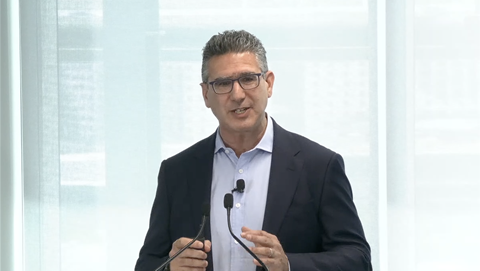A judge in a United States investment fraud case has ruled that Bitcoin is in fact money, giving the digital cryptographic currency a legitimacy boost.

The US Securities and Exchange Commission had alleged that in 2011 and 2012 Trendon T Shavers was running a Bitcoin-inspired Ponzi scheme - The Bitcoin Savings and Trust - which raised around 700,000 BTC from investors by promising seven percent weekly interest, and for some, one percent daily interest.
Shavers contended that Bitcoin wasn't money as such and therefore, he had no case to answer as the digital currency wasn't an investment of money, something the SEC contended it was.
However, magistrate judge Amos Mazzant disagreed with Shavers and ruled [PDF] that Bitcoin investments constituted a money investment, with the only limitation being that the currency could only be used in places that accepted it.
Bitcoin could also be exchanged for conventional fiat currencies, Mazzant noted and therefore, it qualified as a currency or form of money.
"It is clear that Bitcoin can be used as money. It can be used to purchase goods or services, and as Shavers stated, used to pay for living expenses," Mazzant wrote in his ruling.
At the time, the Bitcoin investments were worth US$4.5 million. Based on today's Bitcoin versus US dollar exchange rate, the investments in Shavers' scheme would be worth US$75 million.
Bitcoin isn't accepted in all corners of the world however. Last month, the Bank of Thailand outlawed the use of the digital currency in Thailand, forcing Bitcoin exchanges to cease operating in the country.


.png&h=140&w=231&c=1&s=0)

_(20).jpg&h=140&w=231&c=1&s=0)
_(36).jpg&h=140&w=231&c=1&s=0)





 iTnews Benchmark Awards 2026
iTnews Benchmark Awards 2026
 iTnews Executive Retreat - Security Leaders Edition
iTnews Executive Retreat - Security Leaders Edition
 iTnews Cloud Covered Breakfast Summit
iTnews Cloud Covered Breakfast Summit
 The 2026 iAwards
The 2026 iAwards












_(1).jpg&h=140&w=231&c=1&s=0)



